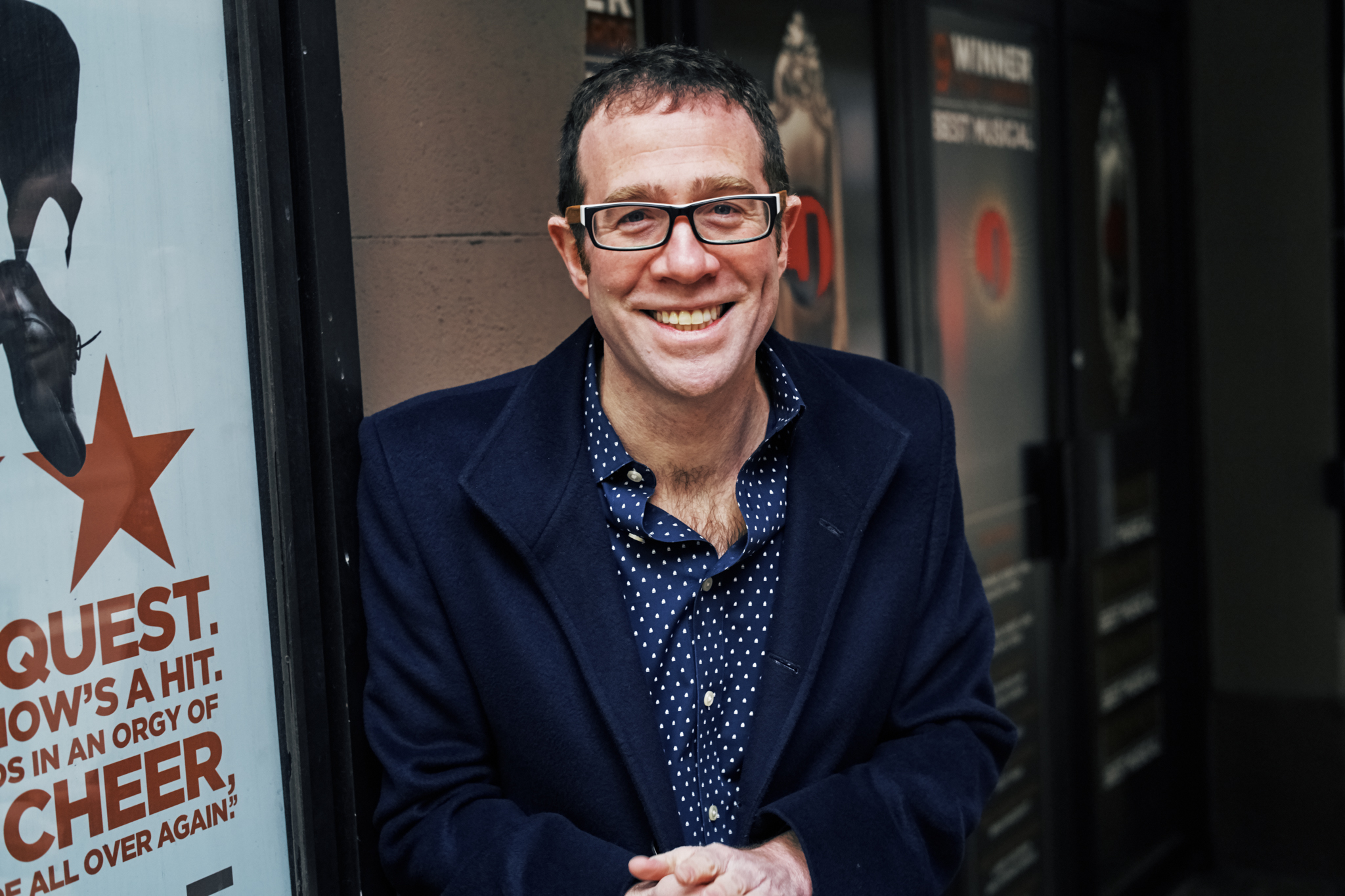
Before you even read what I have to say, I’d be thrilled if this article got critically panned. No, really. If another publication reviewed this article, and called it “flat out wrong, inane, misguided, and slower than Nomadland,” I’d be thrilled. Because that means I would have maybe failed—and that’s not a bad thing. If there are any young kids reading this, the word “fail” is a word we used to have in school and it meant “to be unsuccessful in achieving one’s goal.” You might not have heard the word used, especially if you’re in the Fairfax, Virginia school district where a friend of mine teaches. She told me that her public school has told the teachers they are not allowed to give F’s to the students. You read that correctly. No matter what the idiot kid turns in on the test, you cannot fail them. He could submit a US History quiz answering only in Roman numerals and emojis and still get a D. He could pass. This mentality can and will be the end of true understanding as we know it.

The idea is not entirely new. Millennials have been jokingly-or not jokingly-derided as the “participation trophy generation” for years. I’m not here to be the arbiter on whether or not that is true (it totally is), especially since technically I am at the old end of the millennial age range, despite the fact that I far prefer to claim membership of Generation X—don’t you dare think I’m not taking credit for Friendster. But what’s more important—and terrifying—is that we are raising a generation of kids who are told two things: no matter what they do they cannot fail and that failing itself is bad. In recent years, New York City schools have seen a huge increase in the number of high school graduates. Are the kids getting smarter? Watching “Chrisley Knows Best” for five minutes will give you the answer, but the districts are being encouraged to pass kids through to graduation under any circumstances. “Madison, you missed 100 days of school. No problem! Graduation here you come!!” A part of this could be the residual effects of the truly catastrophic early 2000s education policies “No Child Left Behind” and “Every Student Succeeds” which, like their ironic names indicate, gave the completely delusional message to students that success is inevitable. The intent was to bring the struggling students up to the level of the more proficient but, not surprisingly, these plans had the opposite effect. But particularly since Covid came about, schools are lowering the bar further and further and not allowing students to receive F’s. Side note: all this really does is make the lowest grade a D which essentially just makes that the failing grade. I’d explain this in more detail but it’s something out of a Monty Python sketch or “This is Spinal Tap.” It must be asked though: are schools themselves afraid of failure too? They often lose their funding if their kids fail. Principals run the risk of being replaced by someone younger and more woke if the district underperforms. Teachers get relegated to the “bad” classes if test scores are low. There are alternative reasons schools are not failing kids, and they are selfish ones at that. We are releasing a bunch of kids into adulthood with the notion that there is no possibility of failure and we are setting them up to be helpless.
Adult life is about recognizing and mitigating the risk of failure in your day to day existence. The only way to learn how to do this is through experience. It’s probably a good idea to learn as soon as you can that failure most definitely is an option. But the biggest disservice we do for students who are not allowed to fail is that we also don’t allow them to succeed. Failure is not merely an obstacle to overcome in order to succeed; it is a requirement for success. When taking away the notion that it’s impossible to fail, you also take away the agency of the student to do something great. So, if you’re still reading this, go fail as hard as you possibly can. You’ll thank me later. After all, I am the generation that discovered Friendster. – NP
